- Archwire
- Bonding
- Bracket
- Buccal Tube
- Cephalometric X-Ray
- Consultation
- Debonding
- Elastics
- Extractions
- Fixed Retainer
- Herbst Appliance
- Impressions
- Interceptive Treatment
- Interproximal Reduction (IPR)
- Ligating Module
- Mouth Guard
- Oral Hygiene
- Orthodontic Adjustment
- Orthodontic Photographs
- Orthodontic Records
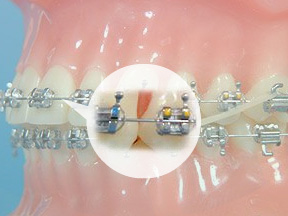
Archwire
A metal wire that is attached to your brackets to move your teeth.
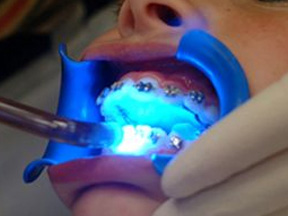
Bonding
The process of attaching brackets to your teeth using a special safe adhesive.
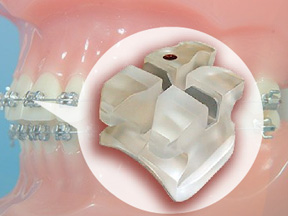
Bracket
Brackets are the small metal or ceramic modules attached to each tooth. They serve as guides to move the teeth and hold the archwire in place.
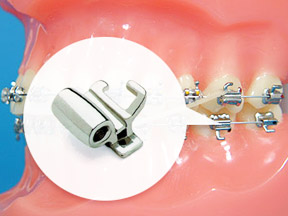
Buccal Tube
A small metal part that is welded on the outside of a molar band. They contain slots to hold archwires, lip bumpers, facebows and other things your orthodontists uses to move your teeth.
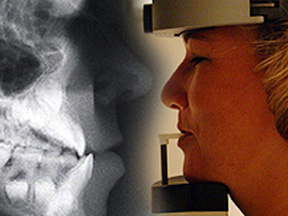
Cephalometric X-Ray
An x-ray of the head that shows if your teeth are aligned and growing properly.
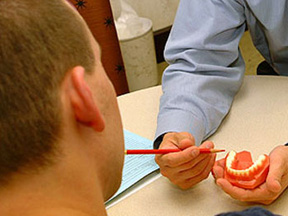
Consultation
A meeting with your treatment coordinator and your orthodontist where they discuss your treatment plan.
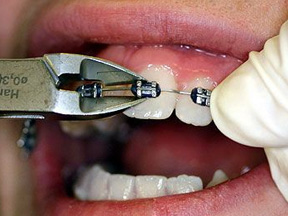
Debonding
The removal of cemented orthodontic brackets.
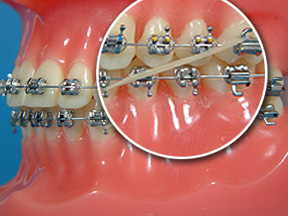
Elastics
During various phases of treatment, small elastics or rubber bands are used as a gentle but continuous force to help individual tooth movement or the aligning of jaws.
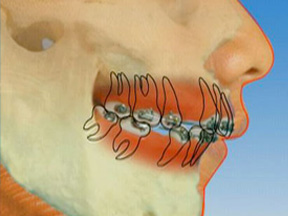
Extractions
Extractions of impacted or problematic wisdom teeth to make space for orthodontic treatment.
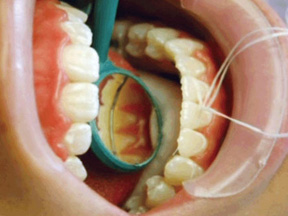
Fixed Retainer
Fixed retainers consist of a metal wire bonded to the back of the teeth. Fixed retainers can stay in place indefinitely.
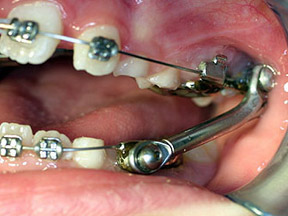
Herbst Appliance
An appliance that is designed to correct bites and improve facial profiles.
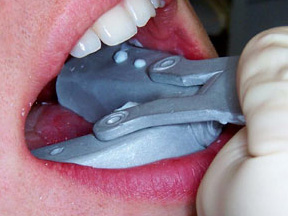
Impressions
The first step in making a model of your teeth. You bite into a container filled with a rubber-type material. That material hardens to produce a mold of your teeth.
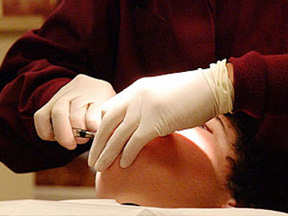
Interceptive Treatment
Orthodontic treatment that is usually done between the ages of 6 and 10. The objective of interceptive orthodontic treatment is to provide orthopedic intervention, so that later orthodontic treatment goes quicker and is less painful.
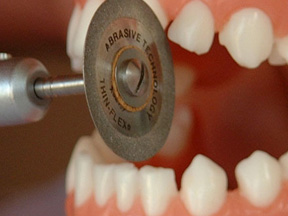
Interproximal Reduction (IPR)
Interproximal Reduction (IPR) is the removal of small amounts of outer enamel tooth surface between two adjacent teeth. It is a means to acquire additional space to create ideal tooth alignment. Alternative names include: slenderizing, stripping, enamel reduction, and reproximation.
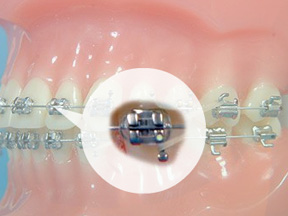
Ligating Module
A small plastic piece, shaped like a donut, which is used to hold the archwires in the brackets on your teeth.
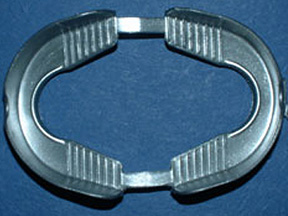
Mouth Guard
A device that is used to protect your mouth form injury when you are participating in sports. The use of a mouthguard is especially important for orthodontic patients, to prevent injuries.
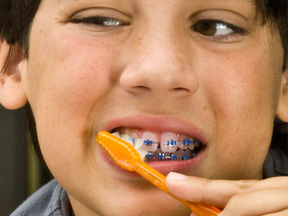
Oral Hygiene
Effective brushing and flossing is one of the most critical actions needed from patients during braces. Regular visits to the general dentist for examination and cleaning are also essential. The results of inadequate oral hygiene include decalcification (white spots/marks), gingivitis (inflammation of the gums), and periodontal disease (inflammation leading to bone loss).
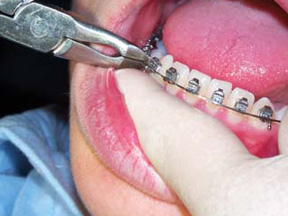
Orthodontic Adjustment
An evaluation of your progress where your wires may be changed to keep your treatment on track and moving forward.
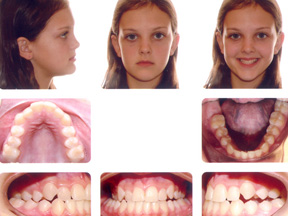
Orthodontic Photographs
Pictures taken upon the completion of treatment show the amazing changes that the orthodontics has achieved in both growth and development of the teeth, jaws and aesthetics of the smile. The orthodontist uses the pictures throughout treatment to monitor changes
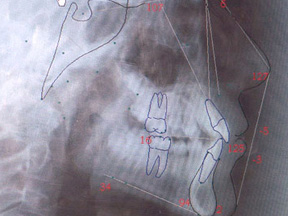
Orthodontic Records
These records, which include cephalometric and panoramic x-rays, digital photos and study models, help your orthodontist determine what treatment needs to be done.


